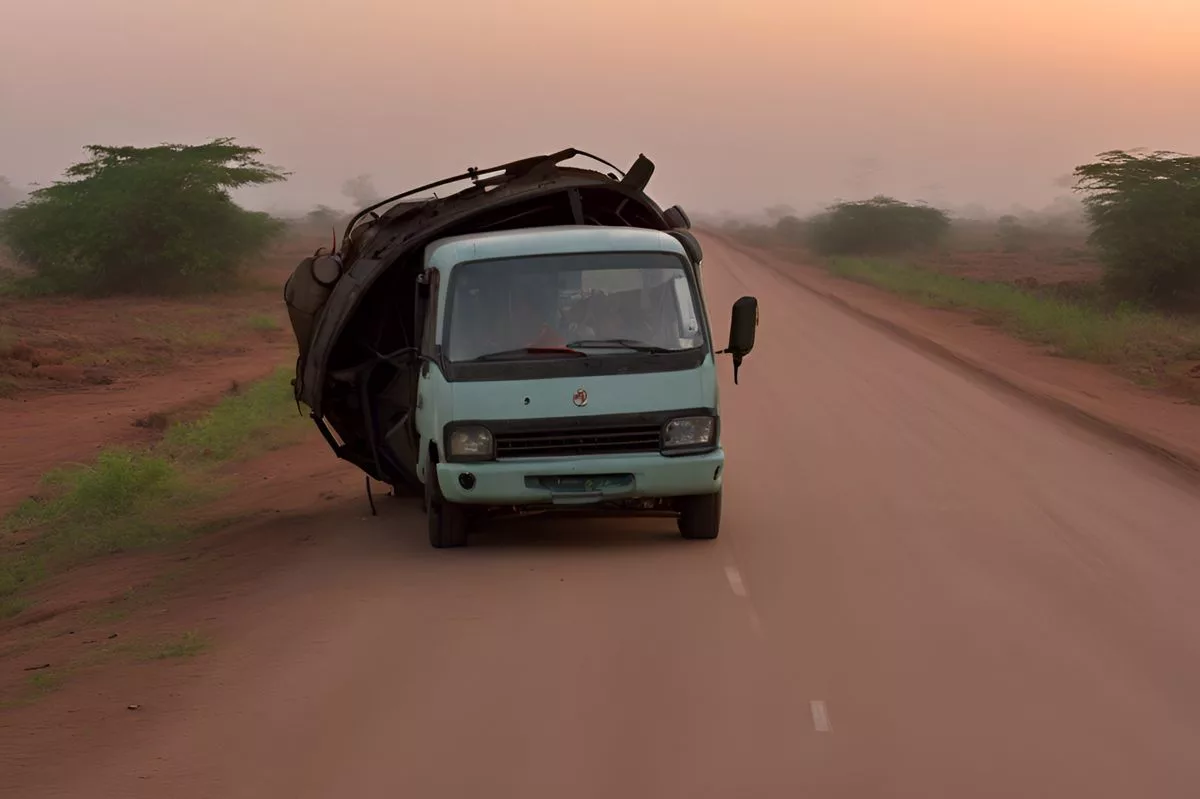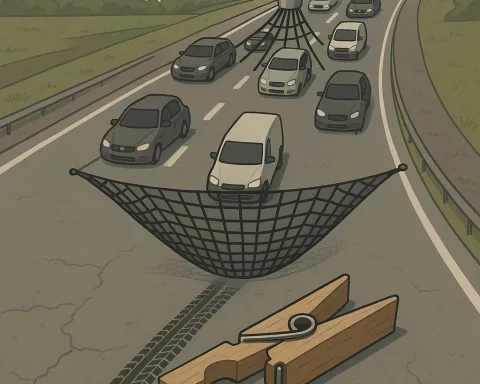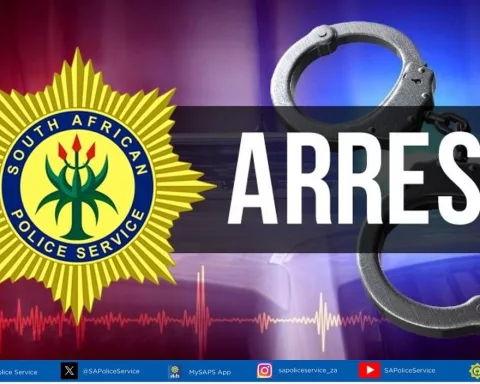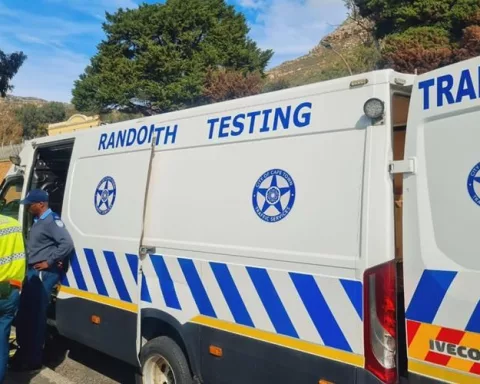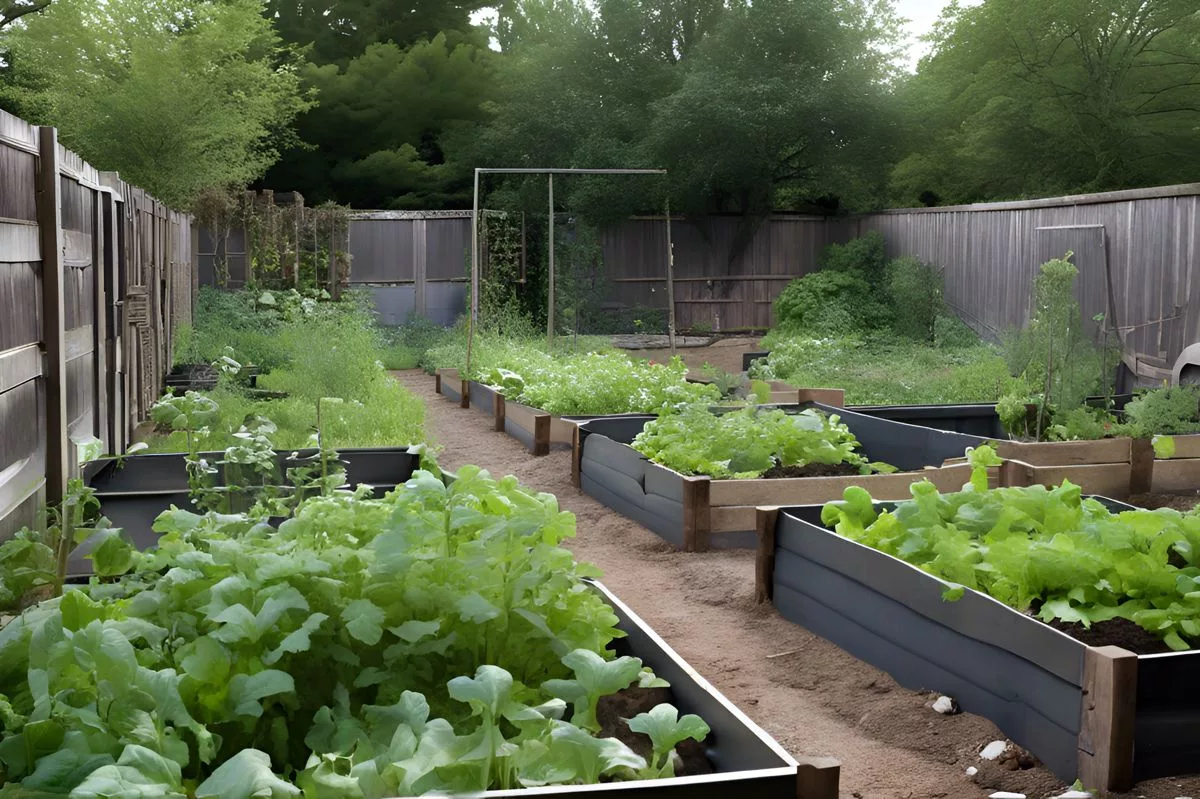In the early morning light of Cape Town, tragedy struck in Mitchell’s Plain when a packed school transport vehicle flipped over, taking the life of a 16-year-old girl. The overloaded Toyota Quantum was driven by an unlicensed driver, raising alarms about the dangerous state of scholar transport in the area. This heartbreaking event has sparked urgent calls for better safety measures and stricter regulations to protect young passengers. Amid the sorrow, there is hope as community leaders push for safer practices and workshops to train drivers, aiming for a brighter future where children can travel safely to school.
What happened in the Mitchell’s Plain tragedy in Cape Town?
In Mitchell’s Plain, an overloaded scholar transport vehicle overturned, resulting in the tragic death of a 16-year-old girl. The incident highlighted serious safety issues, including unroadworthy vehicles and unlicensed drivers, prompting urgent calls for reform in the scholar transport sector.
In the early hours of a Friday morning, as the sun began to rise over Cape Town, the bustling city awoke to a heartbreaking tragedy in the community of Mitchell’s Plain. Known for its vibrant blend of stories and challenges, this neighborhood witnessed an incident that not only claimed the life of a young girl but also sparked urgent conversations about safety and regulations in the scholar transport sector.
A Community Shaken
The morning routine on Swartklip Road, nestled between Tafelberg and Spine Roads, took an unexpected and devastating turn. A packed Toyota Quantum, a popular choice for transporting schoolchildren in South Africa, was carrying 29 young passengers on their way to school. However, this vehicle, like many others, was overloaded and thus, unsafe. As the 25-year-old driver struggled to maintain control, the vehicle overturned, leading to the tragic death of a 16-year-old girl. This heart-wrenching incident underscored the risks associated with overloaded vehicles commonly used for school transport.
Sergeant Captain Frederick van Wyk confirmed these events, his words carrying the weight of the loss. Authorities promptly registered a case of culpable homicide against the driver, who was also found driving without a valid license, operating an unroadworthy vehicle, and violating load regulations. This incident laid bare the hazards lurking within the scholar transport sector, particularly when regulations are not strictly enforced.
An Urgent Call for Reform
The tragedy in Mitchell’s Plain followed closely on the heels of another alarming accident involving a microbus taxi and a truck on Klipfontein Road. These incidents, occurring within days of each other, highlight the precarious nature of public transport in the area and underscore the urgent need for reform and enhanced oversight.
In the wake of these events, the Western Cape Scholar Transport Association (WCSTA) stepped forward as a voice of reason and responsibility. Chairman Chumani Ngxumza issued a heartfelt plea to the community, urging parents to take an active role in ensuring the safety of vehicles transporting their children. He emphasized the importance of verifying vehicle roadworthiness and ensuring that children are safely seated. Such vigilance, he argued, is essential for protecting the lives of young passengers.
Ngxumza’s appeal extended beyond parental oversight, calling on operators to ensure their drivers possess valid licenses and professional driving permits. The scholar transport sector, seen as a lifeline in many communities, teeters on the edge of regulatory necessity. Without stringent oversight and responsibility, the consequences are dire, as the recent tragedies illustrate all too clearly.
A Glimmer of Hope and Proactive Measures
Amidst the grief and calls for accountability, the Western Cape Government’s mobility department offered a ray of hope. Acknowledging the need for skilled drivers, the department, in partnership with the Road Accident Fund, announced plans for a Defensive Driving Workshop. This initiative demonstrates a proactive approach to enhancing road safety for learners and aims to bring about long-term change.
Set to run from October 14 to 16, the workshop is open to operators of seven and 16-seater vehicles. It presents an invaluable opportunity to inculcate a culture of safety and responsibility within the scholar transport sector. By equipping drivers with defensive driving techniques, the initiative seeks to transform the narrative of scholar transport, making it not only safer but also more reliable. Participation in the workshop comes at no cost, ensuring financial constraints do not hinder progress towards a safer future.
A Community on the Brink of Change
This poignant story, interwoven into the fabric of Cape Town’s suburban life, resonates beyond the immediate community. It echoes in the broader discourse of road safety, regulatory measures, and the shared duty of protecting young lives. As Cape Town confronts these tragedies, it also stands on the threshold of reform. The path forward is unmistakable: through vigilance, education, and regulation, a safer future is within reach.
Reflecting on this narrative, one cannot ignore the parallels with historical and artistic movements that have found strength in adversity. Just as art and history often emerge stronger after tragedy, so too can this community rise from its challenges. The potential for improvement in scholar transport is vast, driven by the painful lessons learned from recent events.
Navigating the complexities of this issue demands unwavering commitment to change. Cape Town’s communities, rich and diverse, house a capacity for resilience and growth. By embracing proactive measures and fostering a culture of safety, we honor the memory of those lost and pave the way for a brighter, safer future for all.
FAQ
What happened in the Mitchell’s Plain tragedy in Cape Town?
In Mitchell’s Plain, a packed scholar transport vehicle, a Toyota Quantum, flipped over while carrying 29 young passengers, resulting in the tragic death of a 16-year-old girl. The vehicle was overloaded, and the driver was unlicensed, highlighting serious safety concerns in the scholar transport sector.
Who was responsible for the accident?
The driver of the overloaded vehicle, a 25-year-old man, is facing charges of culpable homicide. He was found operating the vehicle without a valid license and was using an unroadworthy vehicle, which violated load regulations. Authorities are emphasizing the need for accountability and stricter enforcement of transport regulations.
What measures are being proposed to improve scholar transport safety?
In response to the incident, community leaders and the Western Cape Scholar Transport Association (WCSTA) are advocating for better safety measures, including verifying vehicle roadworthiness and ensuring drivers possess valid licenses. Workshops for driver training, such as the Defensive Driving Workshop scheduled for October 14 to 16, are also being introduced to promote safer driving practices.
How can parents ensure their children’s safety during transport?
Parents are encouraged to take an active role in ensuring the safety of vehicles transporting their children. This includes checking that vehicles are roadworthy, ensuring children are properly seated, and confirming that drivers are licensed and experienced. Community leaders stress the importance of vigilance to protect the lives of young passengers.
What is the role of the Western Cape Government in improving transport safety?
The Western Cape Government, through its mobility department, is initiating workshops focused on defensive driving techniques. They aim to equip drivers with essential skills to enhance road safety for learners. This initiative reflects a proactive approach to reforming the scholar transport sector and is free to participants, ensuring accessibility.
How can the community contribute to reform in scholar transport?
The community can contribute by advocating for stricter regulations, supporting local initiatives aimed at improving transport safety, and participating in educational workshops. By fostering a culture of safety and responsibility, residents can help ensure that tragic events like the one in Mitchell’s Plain do not occur again. Community resilience and commitment to change are vital for creating a safer environment for children.

